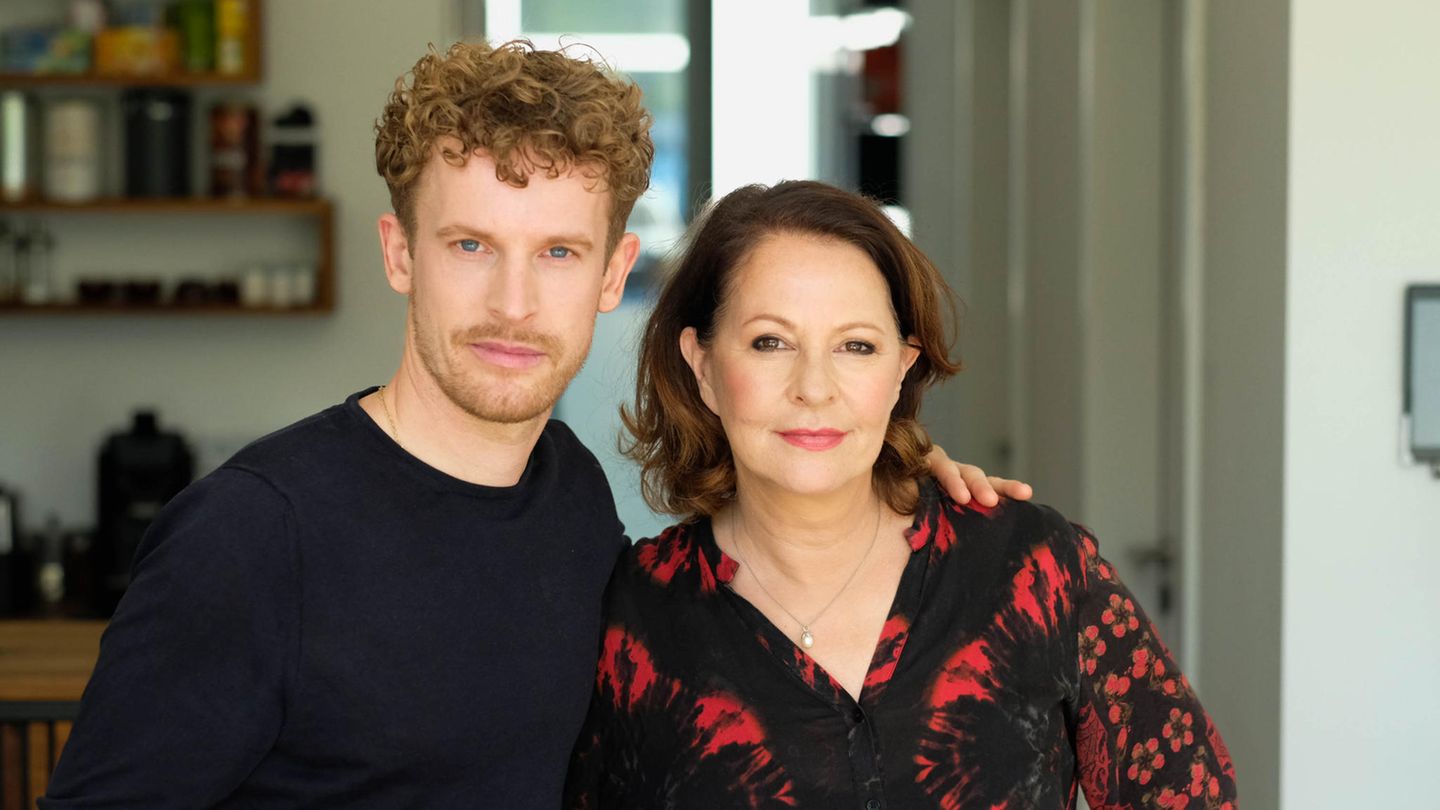Image: colourbox
For 83 percent of Upper Austrians, the topic of financial provision is important: the main focus is on protection in the event of a stroke of fate and reducing personal risk. This is shown by the pension study by the market research institute IMAS on behalf of Erste Bank and Sparkassen and the insurance company Wiener Städtische. 45 percent stated that they could no longer rely on the state systems for precautionary measures.
In November, 1,000 Austrians – aged 16 to 65 – were surveyed online; the study is also representative of the federal states, says study author Paul Eiselsberg. This shows that 79 percent of Upper Austrians are somewhat or very satisfied with their living situation despite the current challenges, compared to 74 percent in Austria as a whole.
On average, Austrians spend 247 euros per month on private pension and health care, and this amount is increasing. “This is also necessary because the scope for state budgets is becoming increasingly narrower, not least due to demographic developments,” says Manfred Bartalszky, CEO of Wiener Städtische. There is a clear difference between the genders: while women spend around 170 euros, men invest 317 euros.
This vote is disabled
Please activate the category Targeting cookies in your cookie settings to display this item. My cookie settings
What is stopping Austrians from taking precautions is high inflation and price increases. Traditional pension instruments such as savings accounts/savings cards, life insurance and building savings continue to be the most popular, with fund savings plans and stocks well behind. When it comes to investing for pensions, what is important to Austrians is not the capital guarantee, but above all low risk and flexibility in the deposit and withdrawal phase.
“But there is no alternative to securities for broadly diversified provision, because there is still a loss of value in savings accounts,” says Manuel Molnar, new board director of Sparkasse Oberösterreich, responsible for private and business customers, freelance professions, the real estate business, private banking and asset management. Customer conversations also show that interest in provision for old age or in the health sector is increasing, says Molnar.
When companies provide for their employees
As a voluntary social benefit, companies can also make provisions for their employees and protect them against illness or disability. Wiener Städtische board member Bartalszky formulates a concrete demand for politicians regarding pension provision: the amount for tax-free company pension provision must be increased.
The amount has not been adjusted since 1975; it is 300 euros per employee per year. Bartalszky is in favor of a significant increase: 100 euros per month – i.e. 1200 euros per year – should be spent on precautionary measures. We are in contact with the political groups about this and an adjustment could be decided during the existing legislative period. Company pension provision is also a good tool for employee retention, say Bartalszky and Molnar.
More on the subject:
- OÖN Prevention Day: Prevention cannot start too early
- Austrians invest almost 250 euros a month in private pension provision
- Savings accounts asked, one in three has securities: How Upper Austria saves
more from economics




